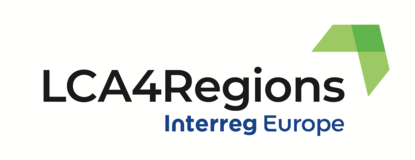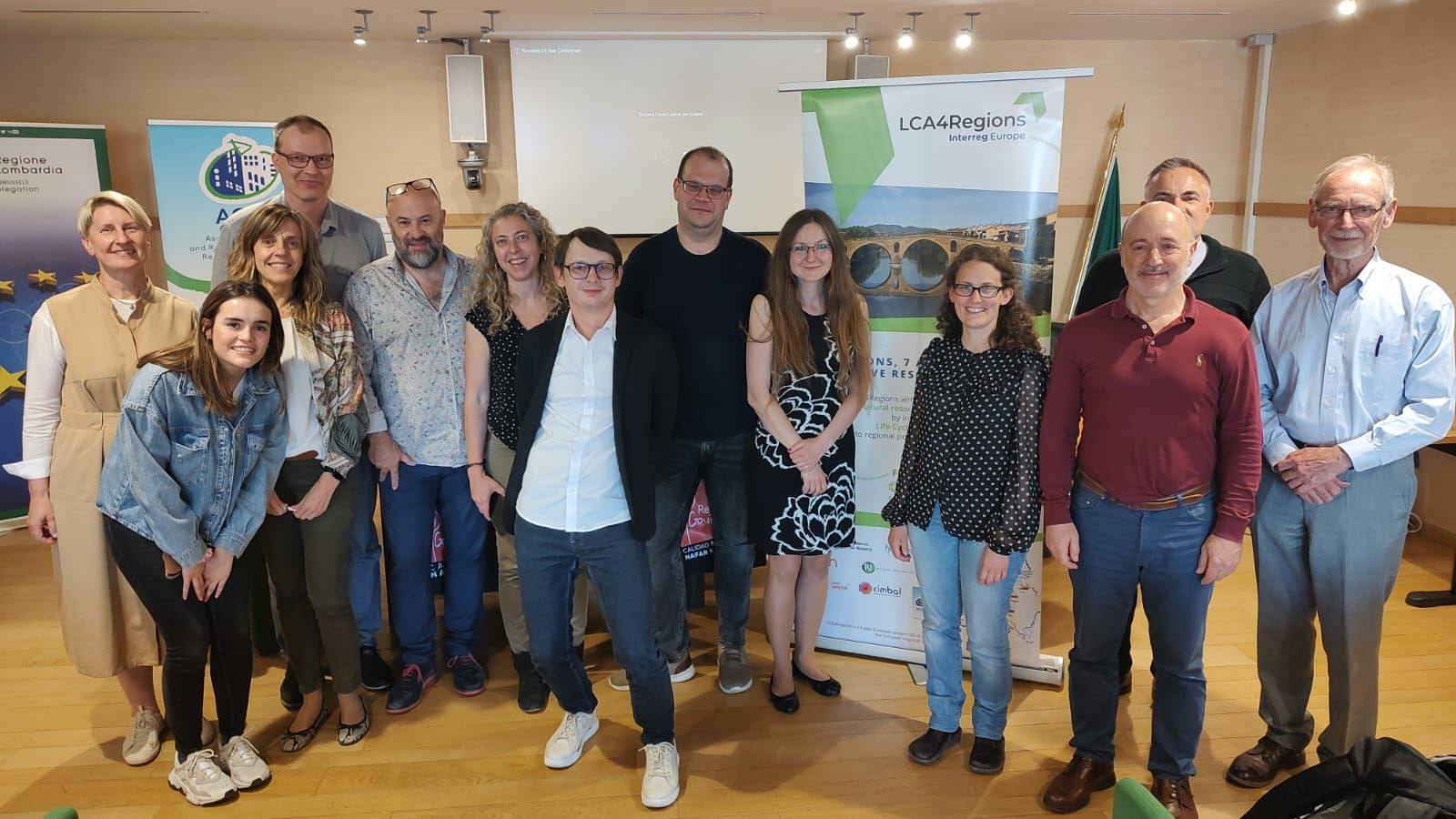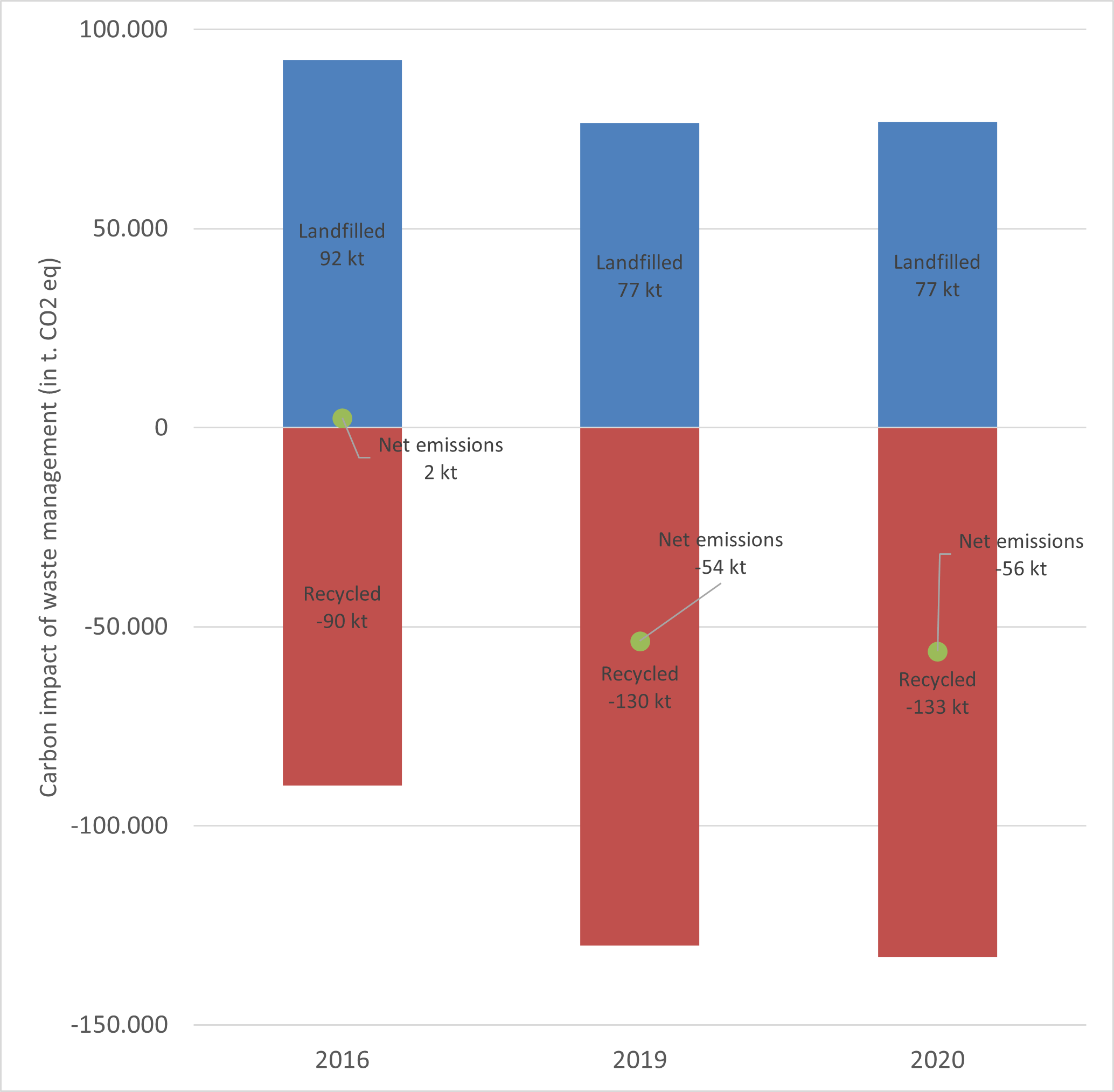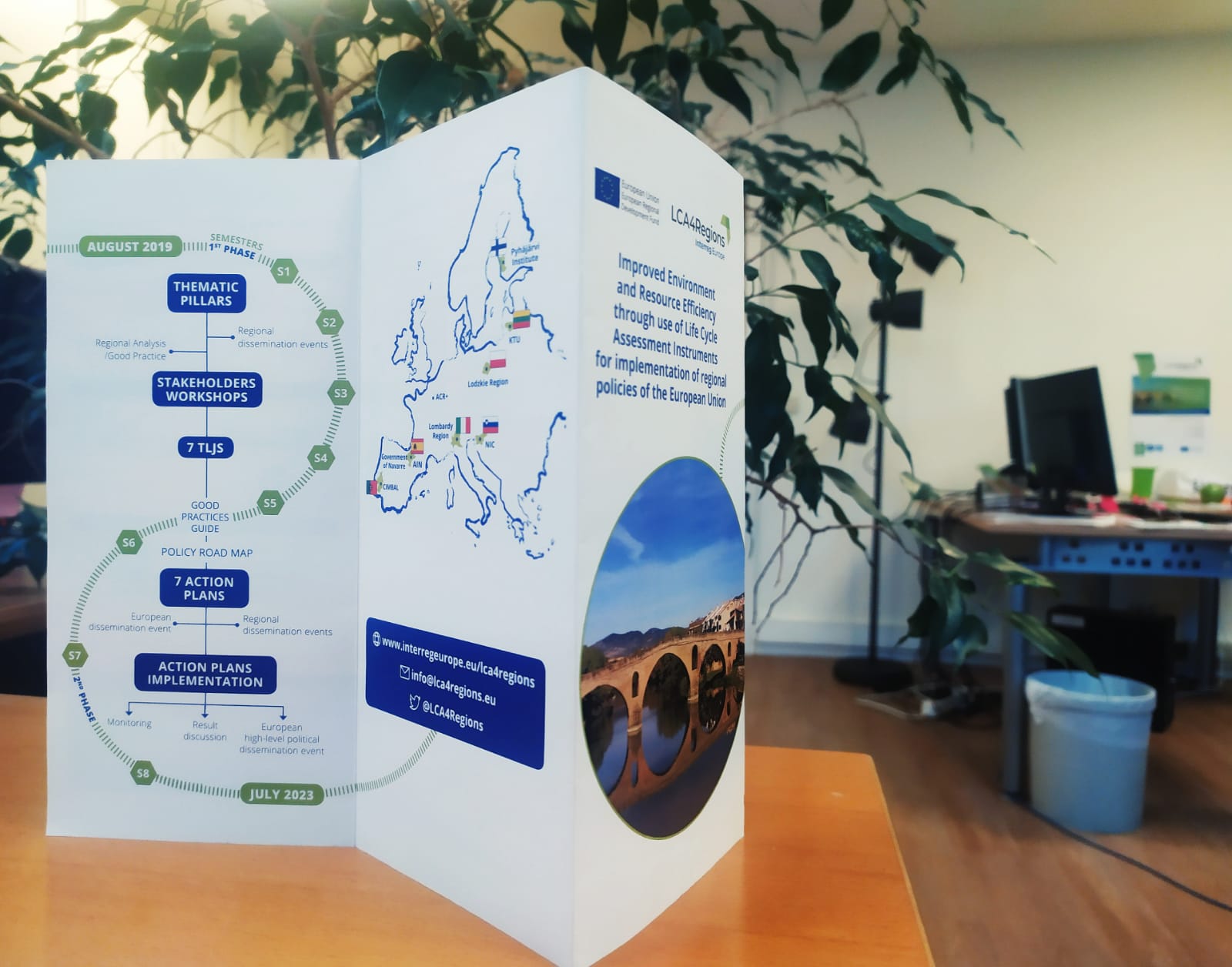To prepare for the upcoming TLJ, a series of articles will present the policy context of the Lodzkie Region, starting with the national level.
National level
Poland's key document in the area of medium- and long-term economic policy is the Strategy for Responsible Development for the period up to 2020 (including the perspective up to 2030). It indicates directions for changing the current approach to waste perception to one that treats waste as a source of resources and strives to implement an economic model based on circularity. Actions in the strategy until 2030 include recycling of waste and striving to maximize the use of waste as raw materials. As the main goal for Poland, the Strategy indicates the development of a sustainable economy based on more efficient use of resources, respect for the environment and achieving higher competitiveness through the use of technology with lower demand for raw materials and energy and enabling the use of secondary raw materials and renewable energy sources. Among the proposed actions are the implementation of the principles of eco-design of products through the selection of appropriate materials: promoting materials with a significantly lower environmental impact as assessed by a full LCA analysis.
The 2030 National Environmental Policy further specifies the Strategy for Responsible Development with regard to environmental protection. Its main objective is to develop the potential of the environment for the benefit of citizens and entrepreneurs. It diagnoses that there is still a low level of implementation of the concept of a circular economy in Poland, which should cover all stages of the life cycle and affect both the social and economic spheres. It also recognizes the need to go beyond traditional environmental management tools, which should support the development of new business models, the growth of the service sector and ways of substituting currently used raw materials, production and consumption. The document identifies structural and investment funds as a source of financing for this process.
The 2030 National Environmental Policy provide the implementation of the measure "Striving to maximize the use of waste as raw materials" which consists in:
- support for R&D and implementation works in the field of innovative environmental technologies and new business models concerning recovery and use of secondary raw materials and waste management;
- support for the implementation of investments related to the processing and use of recycled raw materials;
- support for undertakings in the field of implementation of circular waste management at the municipal level;
- the development of guidelines to stimulate the implementation of measures for CE in the public finance sector (green public procurement).
Waste management goals and actions are detailed in the National Waste Management Plan 2022, the primary planning document at the national level. It makes numerous references to LCA and identifies eco-design, i.e. the systematic consideration of environmental aspects in product design with the aim of improving the environmental performance of the product throughout its whole life cycle and the implementation of eco-design research projects, as one of the waste reduction measures.
Another national document dealing with waste issues is National Waste Management Plan (2014-2022) - indicating the necessity of introducing ecodesign principles and LCA analyses as a predicted and recommended direction to bring changes in Poland in waste prevention.
Circular economy and LCA are widely covered in "Roadmap towards the Transition to the Circular Economy" (2019-2023), developed by the Ministry of Enterprise and Technology and adopted as a Resolution of the Council of Ministers in 2019. It contains a set of legislative and non-legislative tools which, once implemented by the Polish administration, should contribute to the introduction of CE model in Poland. The measures contained will primarily contribute to waste reduction, in particular: diversified industrial production (including environmental life cycle assessment), sustainable consumption, circular bioeconomy and new business models.
The currently operating national Operational Programmes concern mainly projects of supra-regional nature and do not directly support LCA, although some references to CE can be found in them.
Operational Programme Infrastructure and Environment 2014-2020
The largest national operational programme related to environmental protection provides support in the following areas, among others:
- waste prevention infrastructure;
- infrastructure for selective waste collection systems;
- installations for recycling and recovery of particular material fractions of waste.
Bearing in mind the provisions of the strategic documents created in the last few years, it can be expected that in the operational programmes for 2021-2027 (now are at development stage), the LCA methodology will be supported in a more distinct and direct way.










